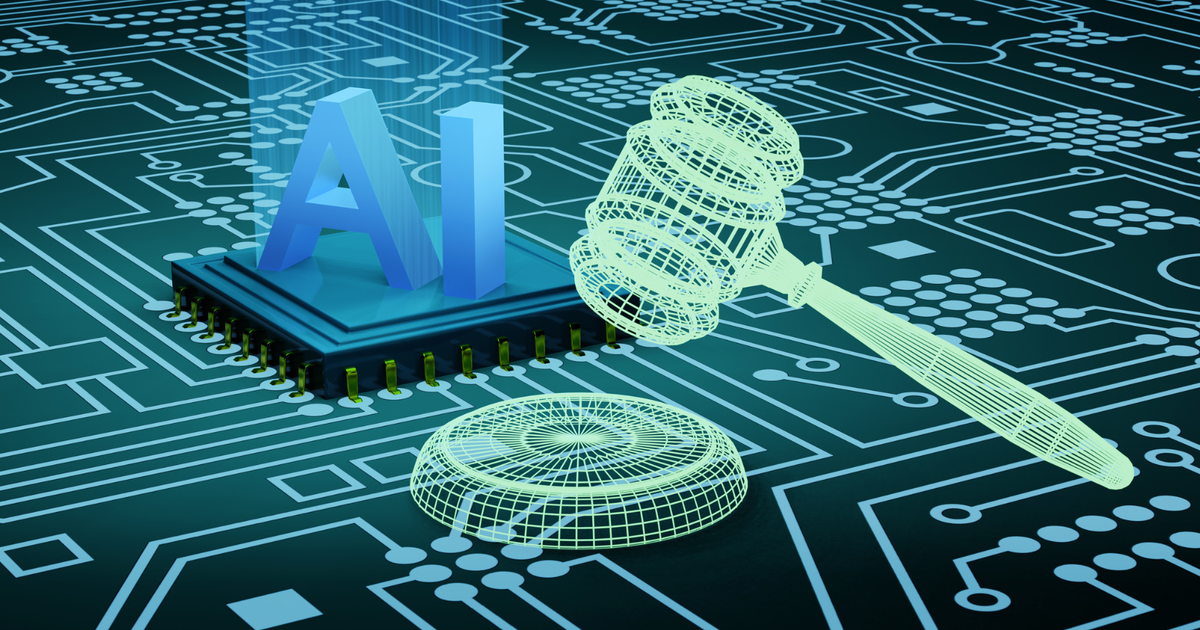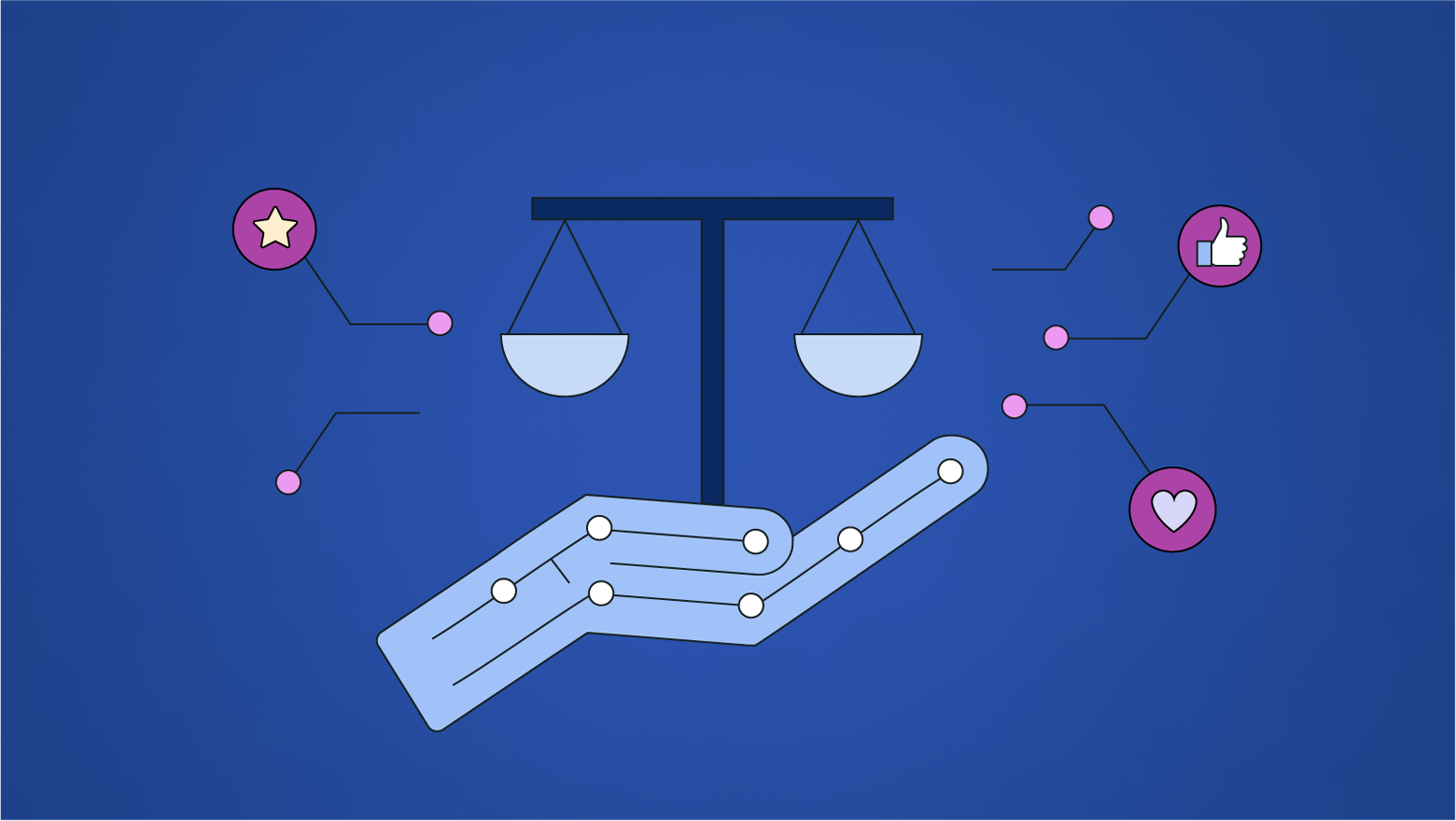Understanding these ethical concerns is crucial for everyone, not just technologists and policymakers. As AI continues to permeate various aspects of society, from criminal justice systems to healthcare decisions, the stakes have never been higher. The decisions we make today about AI ethics will fundamentally shape the kind of future we create for ourselves and subsequent generations.
The rapid pace of AI development often outstrips our ability to fully comprehend its implications, creating a dangerous gap between technological capability and ethical oversight. This explores ten critical ethical concerns that every individual should understand, providing insights into how these challenges affect our lives and what steps we can take to address them responsibly.
Algorithmic Bias and Discrimination
One of the most pressing ethical concerns in AI is the perpetuation and amplification of existing societal biases. AI systems trained on historical data often inherit discriminatory patterns embedded within that information, leading to unfair outcomes across various applications. For example, recruitment algorithms have shown bias against women and minorities, while facial recognition systems demonstrate significantly lower accuracy rates when identifying people of color.
The challenge lies in the fact that bias can be unintentional, stemming from the data used to train AI systems rather than deliberate programming choices. This makes it particularly insidious, as developers may unknowingly create discriminatory systems that appear objective on the surface.
Privacy and Data Protection
AI systems require vast amounts of data to function effectively, raising significant concerns about how personal information is collected, processed, and stored. The extensive data collection practices necessary for AI development often occur without users’ full understanding or meaningful consent, creating substantial privacy risks.
Intelligence agencies and state actors pose particular concerns in this regard, as they possess both the legal authority and infrastructure to collect data on an unprecedented scale. When combined with AI capabilities, this creates exponential threats to individual privacy that extend far beyond what private companies can achieve.
Lack of Transparency and Accountability
Many AI algorithms, particularly deep learning models, operate as “black boxes” that are difficult to understand or interpret. This opacity makes it challenging to determine how AI systems reach their decisions, creating significant accountability gaps when these systems cause harm or make errors.
The problem becomes even more complex when considering who should be held responsible when AI systems malfunction or produce harmful outcomes. As machines become more autonomous and capable of learning new patterns of behavior, tracing culpability back to human operators becomes increasingly difficult.
AI Hallucinations and Misinformation
Generative AI systems can produce authoritative-sounding but completely inaccurate information, a phenomenon known as “hallucinations.” These systems may generate realistic-looking content that contains factual errors, potentially spreading misinformation on a massive scale.

Real-world examples include chatbots misrepresenting corporate policies and lawyers filing legal briefs citing nonexistent court cases. As these systems become more sophisticated and widely adopted, the potential for widespread misinformation increases dramatically.
Workforce Displacement and Economic Impact
AI’s capability to automate knowledge work raises significant concerns about job displacement and economic inequality. As AI systems become capable of performing tasks traditionally done by humans, including writing, coding, and analysis, entire categories of employment face potential obsolescence.
The ethical challenge extends beyond simple job loss to questions of how society will distribute the wealth created by AI systems and what happens to displaced workers. Companies have an ethical responsibility to invest in retraining and preparing their workforce for AI-augmented roles.
Environmental Impact and Sustainability
The computational resources required to train and operate large AI models consume enormous amounts of energy, contributing significantly to carbon emissions. As AI models grow larger and more complex, their environmental footprint continues to expand, raising questions about the sustainability of current AI development practices.
This creates a complex ethical dilemma: while AI might help solve some environmental challenges through improved efficiency, the technology’s own carbon footprint may exacerbate climate change.
Autonomous Weapons and Security Concerns
The application of AI in military contexts, particularly in autonomous weapons systems, raises profound ethical questions about the role of human judgment in life-and-death decisions. The development of AI-powered surveillance and intelligence gathering capabilities also poses significant threats to civil liberties and human rights.
Intelligence agencies’ use of AI amplifies existing concerns about government overreach while creating new forms of potential abuse that are difficult to detect or challenge due to their secretive nature.
Healthcare Ethics and Medical AI
In healthcare settings, AI systems face unique ethical challenges related to informed consent, safety, and transparency. Patients may not fully understand how AI systems are being used in their care, and the complexity of medical AI makes it difficult to ensure these systems are making appropriate decisions.
The stakes are particularly high in healthcare, where AI errors can have life-threatening consequences, making robust ethical frameworks essential for medical AI applications.
Intellectual Property and Copyright Issues
Generative AI systems trained on copyrighted material raise complex questions about intellectual property rights and fair use. When AI systems create content based on training data that includes copyrighted works, determining ownership and potential infringement becomes increasingly complicated.
This concern extends to artists, writers, and other creative professionals whose work may be used to train AI systems without their consent or compensation.
Human Autonomy and Decision-Making
As AI systems become more sophisticated and integrated into critical decision-making processes, there’s a risk that human agency and autonomy may be diminished. The challenge lies in ensuring that humans maintain meaningful control over AI systems, particularly in decisions that significantly affect people’s lives.
This concern is especially relevant in areas like criminal justice, where AI systems may influence sentencing decisions, or in hiring processes, where algorithms may determine employment opportunities.




